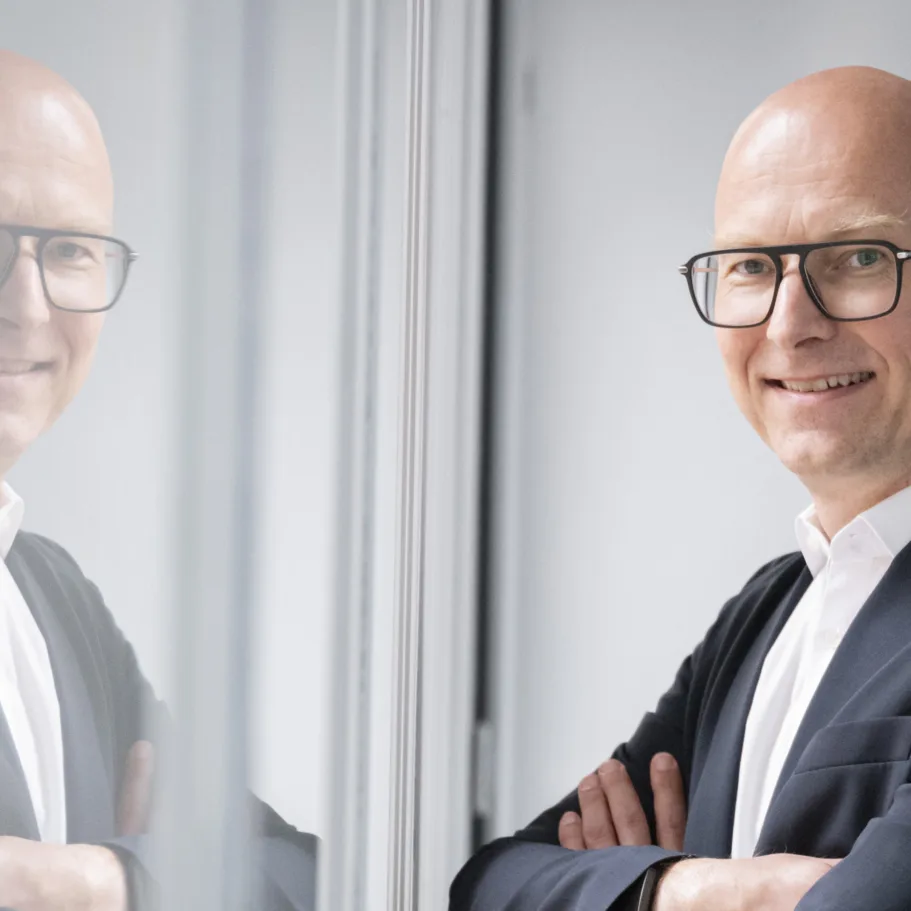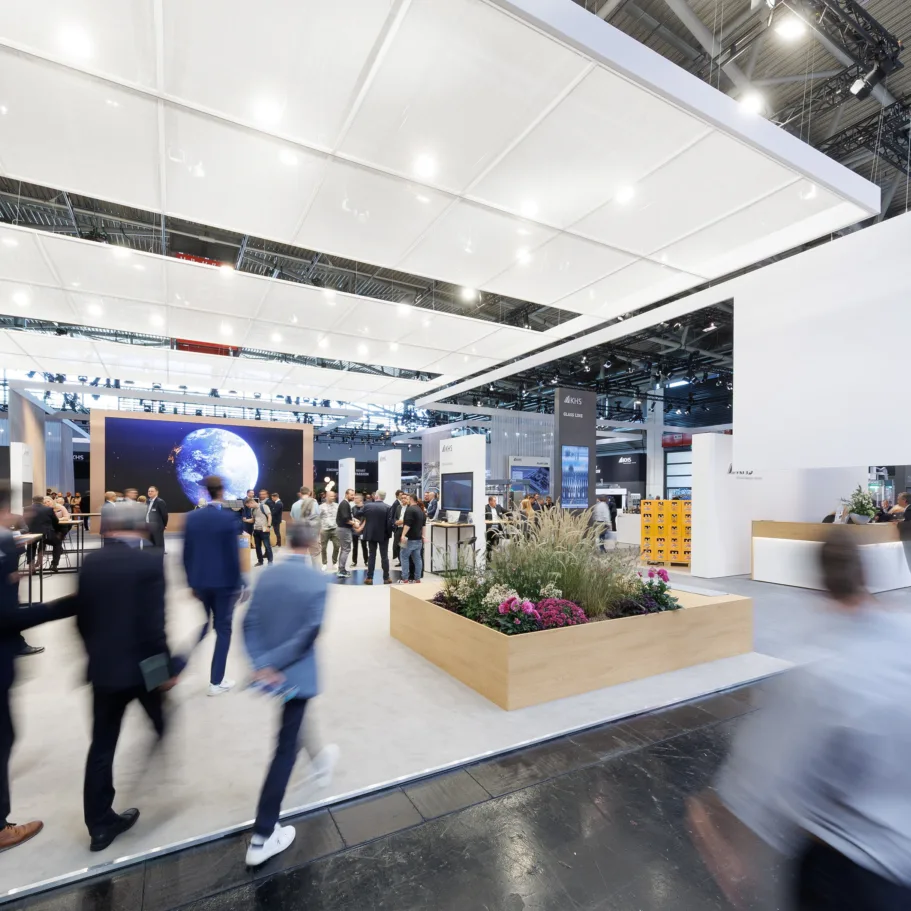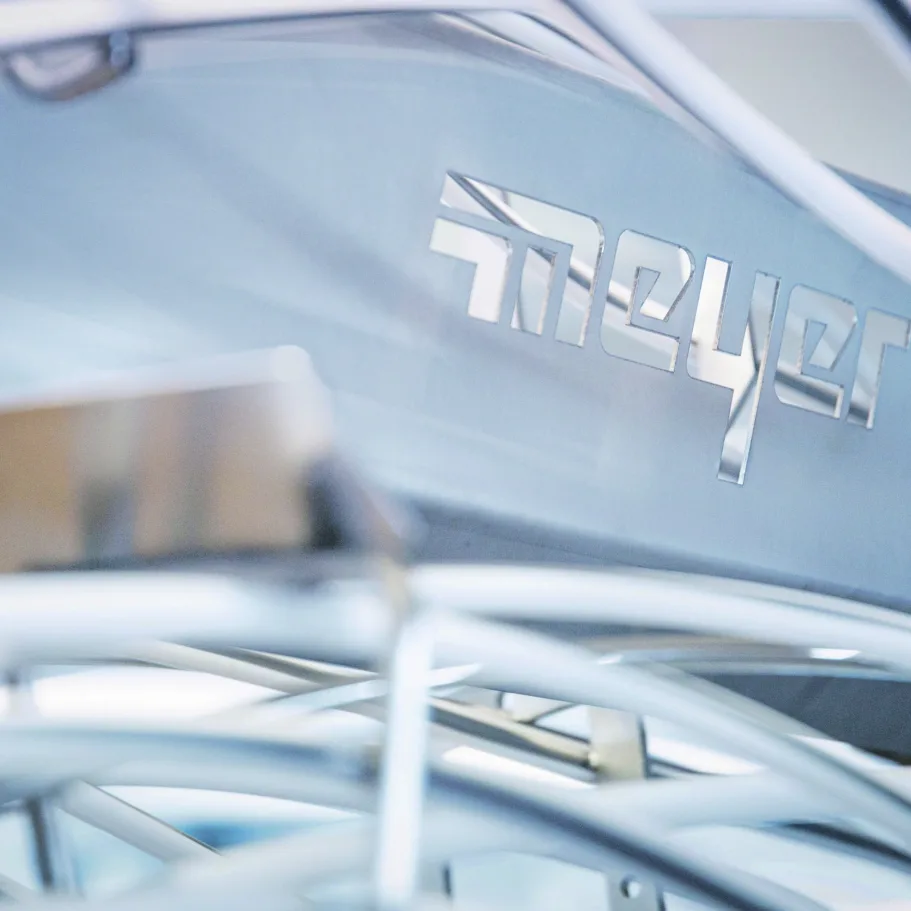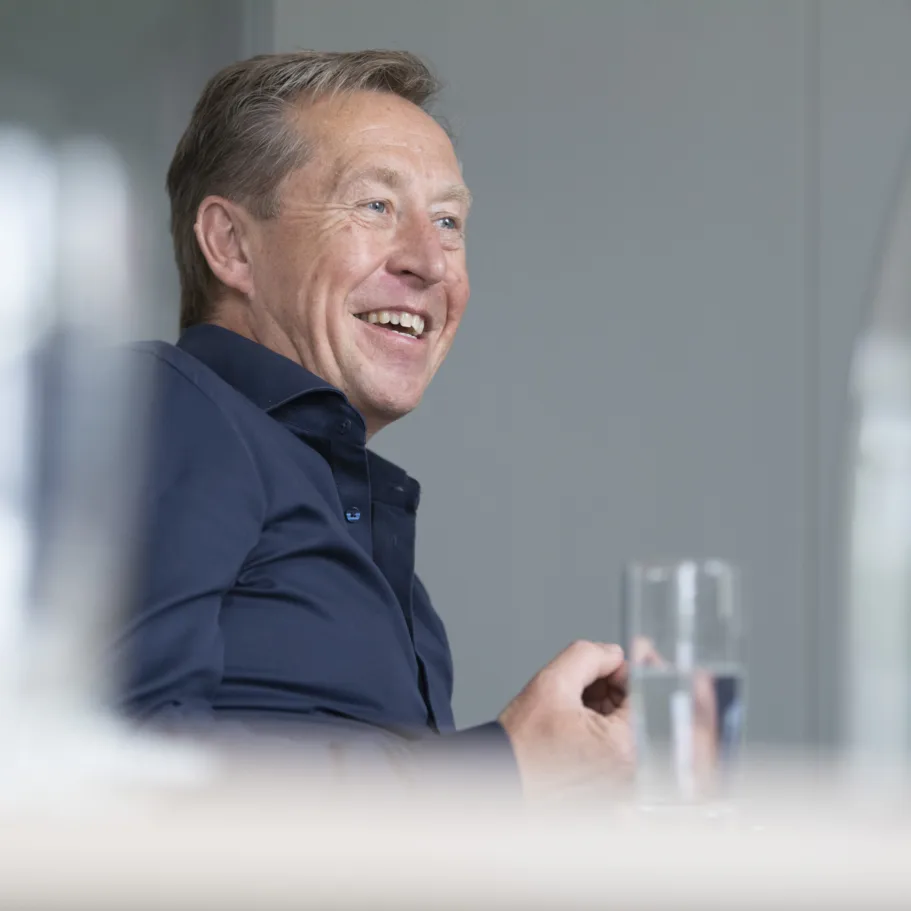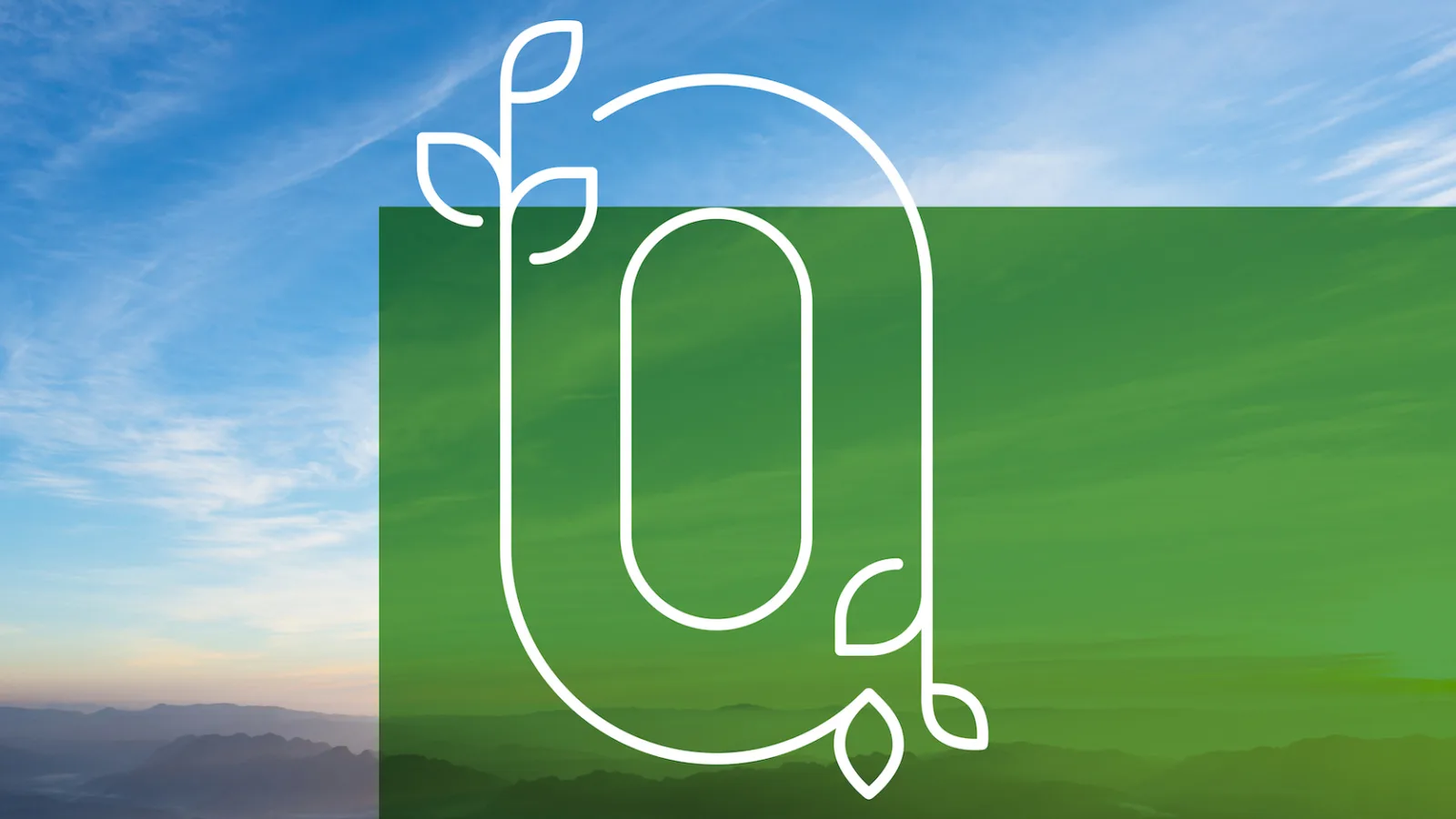
All set for net zero
KHS is actively and consistently geared towards sustainability in many of its fields of activity. In line with the strategy adopted by parent company Salzgitter, its key focus is on low-carbon production and circularity in conjunction with the protection of our climate and environment.
As part of its corporate strategy, steel and technology group Salzgitter aims to achieve full climate neutrality by 2045. This is cemented by its commitment to binding, science-based greenhouse gas reduction targets – not least by its signing up to the Science Based Targets initiative (SBTi) in 2022. The goals set to date will be validated in 2024.
As a group subsidiary and key member of Salzgitter AG’s Technology Unit, KHS plays a major part in the striving for net zero. In all key areas of the company it has thus specified measures designed to reliably and purposefully cut greenhouse gas emissions by 2030 (Scope 1 and 2) and 2045 (Scope 3) respectively. These measures are based on detailed calculations and analyses of the KHS Group’s carbon footprint.
SBTi: Based on science
The Science Based Targets initiative (SBTi) is a partnership between the CDP1, United Nations Global Compact2, World Resources Institute (WRI)3 and World Wide Fund for Nature (WWF). By means of targets based on scientific research, it shows by how much and how quickly greenhouse gases need to be reduced to limit global warming to no more than 1.5°C as set down in the Paris Agreement. Among the almost 6,000 companies who have joined the initiative are SMEs and international conglomerates, including a number of globally active companies in the beverage industry.
SBTi develops best practices for emissions reductions and defines net zero targets in line with climate science. The initiative provides companies with technical support and expert resources to help them define their individual targets and facilitates the independent assessment and validation thereof.
1 CDP = Carbon Disclosure Project, a non-profit organization founded in London in 2000. Its aim is that companies and communities disclose their environmental data such as greenhouse gas emissions and water consumption.
2 United Nations Global Compact = worldwide pact between companies and the UN to make globalization more socially and ecologically responsible.
3 World Resources Institute (WRI) = an ecological think tank founded in 1982 as a non-profit organization and based in Washington, DC, in the USA.
Scope 1: Direct emissions
Emissions from sources directly accountable to or controlled by a company, for example those generated by the combustion of fossil fuels such as natural gas or mineral oil during operations or through use of a vehicle fleet. Leaks, for example of compressed air or coolants, are also included in this category.
Scope 2: Indirect emissions from purchased energy
Indirect greenhouse gas emissions from sources of energy such as electricity, steam, district heating or cooling purchased from external suppliers.
Scope 3: Indirect up- or downstream emissions across the value chain
Upstream emissions encompass indirect greenhouse gas emissions from sources that the reporting company does not own or directly control – from the production or extraction of raw materials to the end of the product’s life cycle.
EcoVadis: Gold for KHS
In the internationally recognized EcoVadis⁴ sustainability rating KHS was awarded gold status for its achievements for the first time in 2023. This means that the Dortmund manufacturer is among the top two percent of mechanical engineering companies vetted by EcoVadis worldwide. KHS is way above average for the industry in all of the assessed categories, particularly Environment and Sustainable Procurement. Compared to last year, when it picked up its seventh silver medal in succession, the systems supplier has made considerable improvements in all areas.
4 EcoVadis = platform set up in Paris in 2007 to assess corporate sustainability achievements. The database currently includes over 115,000 companies from 290 sectors and 175 countries.
Resource savings
Field of action: product responsibility
With intelligent planning, lines and machines from KHS can be operated so that they save on resources in all areas. Our customers now use far less plastic, energy, water and cleaning media in their production processes. We are continuously striving to exploit the boundaries of possibility with both passion and innovation. Our equipment can also be reliably used for decades. This is facilitated by a broad range of expansion and modernization measures, making production lines future-proof through flexible and individual adaptation to changes in market demand. KHS is also constantly addressing the question of how beverage packaging can leave the smallest possible carbon footprint while providing optimum consumer safety and convenience. Our filling and packaging systems score on circularity and make use of alternative materials such as recyclate or paper and cardboard.
Example: Nature MultiPack
4.4 g is the amount of CO2 equivalents generated by a Nature MultiPack5 from KHS. This packaging system combines cans or PET bottles to form a stable yet easy-to-separate pack using just a few dots of adhesive and no plastic film whatsoever.
Example: PaperWrapper
46.23 MWh maximum of energy per year can be saved6 when can packs are wrapped in paper instead of film on the Innopack Kisters WSPP A. This means that a shrink tunnel is no longer required – and no plastic is used.
5 For a six-pack of 330-milliliter containers.
6 On a canning line with an output of 90,000 cans per hour in three-shift operation five days a week.
Climate protection
Field of action: operational ecology
At all of its locations worldwide KHS is constantly improving the resource and energy efficiency of its operations – also above and beyond the actual production of its filling and packaging systems. This allows key potential for optimization to be exploited in its administration, vehicle fleet and logistics, for instance.
Example: energy savings
432,000 kWh is the total amount of electricity KHS can save a year by installing LED technology and intelligent lighting control plus a number of further technical innovations when converting existing or constructing new buildings, for example.
Example: cuts in emissions
10,788 t in total of CO2e emissions7 were cut in 2021 and 2022 at KHS’ production sites in Germany thanks to the continuous use of certified green electricity.
7 CO2e emissions = CO2 equivalents – a standardized unit of measurement used to gage the climatic impact of various greenhouse gases.
